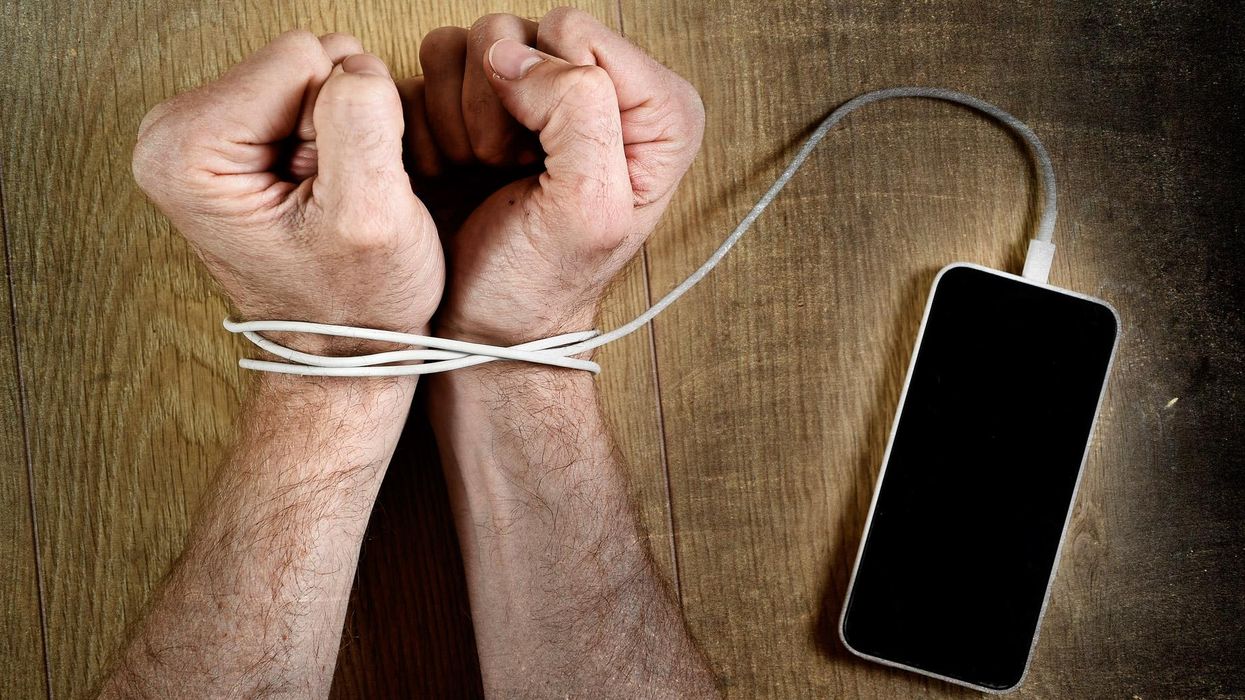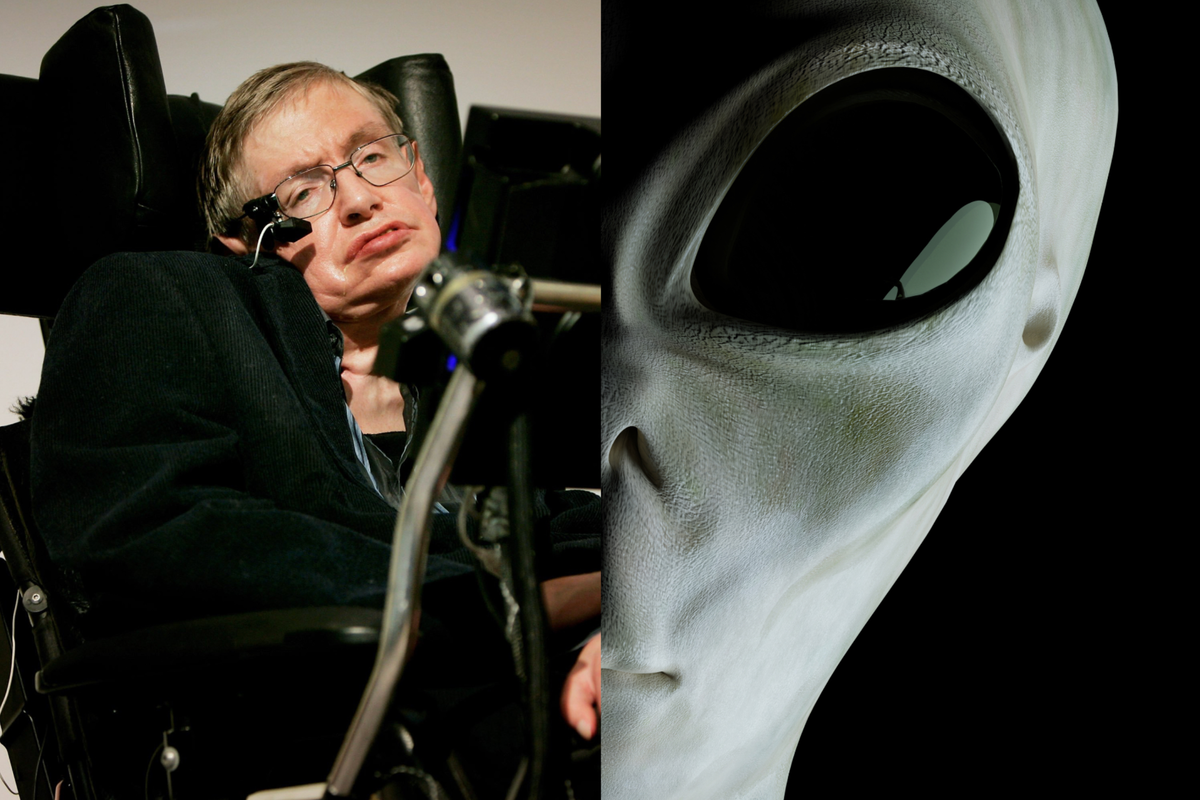
Do not reach for that next chocolate biscuit, surely it's easy, just a tiny show of willpower...
Oh, you've just eaten it. And now you want another.
If a chocolate biscuit doesn't do it for you, substitute that with a sip of wine, a drag of a cigarette or even finishing a project at work.
All of these can be addictive.
But what propels some people to repeatedly seek some experiences over others, even at a cost?
Maureen Boyle from the National Institute of Drug Abuse told Live Science:
Addiction is a biopsychosocial disorder.
It's a combination of your genetics, your neurobiology and how that interacts with psychological and social factors.
That basically means that addiction is a chronic disorder - like type 2 diabetes, cancer and heart disease.
Though thankfully addiction is preventable and treatable.
But what's to blame?
Dopamine
Everyone's path to addiction might be different, but the pathways in the brain are pretty much the same.
Addiction severely increases a chemical in the brain called dopamine.
This is a neurotransmitter, meaning it ferries messages across the brain - in dopamine's case, pleasure, which reinforces behaviours essential to survival, such as having sex and eating food.
Unfortunately, drugs are particularly good at raising dopamine levels.
Dr. Hitoshi Morikawa, a neuroscience professor at the University of Texas, told Live Science:
The problem with drugs is that they do the job better that natural rewards.
Building tolerance and getting hooked
Once we continue using addictive substances, the brain tries to rebalance your out-of-whack brain chemistry and high dopamine levels by producing less dopamine.
Drugs become the new normal - without them, dopamine drops, reinforcing the habit.
Eventually, the need for the drug itself precedes even the pleasure it brings.
As the experience becomes hard-wired in the brain, people, places and events can become so entwined with the drug that they trigger cravings anew.
Risk factors
We are not all equally susceptible to addiction.
Everything from genetics to poor social support networks can increase vulnerability.
HT Live Science












